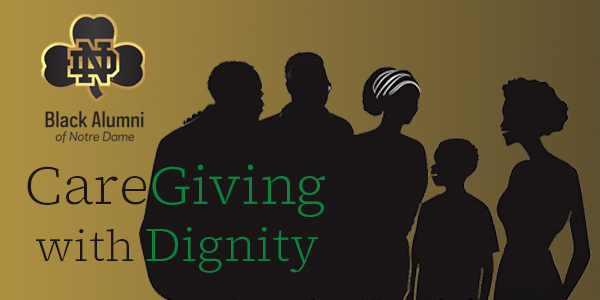The first virtual event in the Civil Discourse series discussed the role of individuals and business as bridgers in today’s polarization. This discussion was moderated by Amanda G. McKendree and featured three guest speakers, Bob Feldman, Kristin Hansen, and Stacy Sharpe. All three guests shared their unique perspectives on how everyone can become a better conversation partner and fielded questions from viewers about how the ideas shared can be put into practice.
McKendree began with the notion that civil discourse is not a new idea and that everyone has been called to participate in bridging the divides of modern society. She asked each panelist to briefly share where they’ve found success in their initiatives. Feldman asserted that businesses are one place where individuals can interact with a very diverse group of people with views different from their own, which can lead to a perfect place to practice these conversation building skills. Because of the business place’s unique environment, he believed it also comes with a responsibility to capitalize on it. Hansen added the workplace is an environment where people often bring their best selves, which can also be advantageous when trying to have more open conversations. Sharpe offered a few more concrete ways that individuals can become better conversation partners. For example, taking “winning” off the table, embracing vulnerabilities, and finding opportunities to learn.
McKendree shifted the conversation by asking how the pandemic has affected individuals’ ability to converse with one another. Sharpe believed that the pandemic brought some advantages to building better conversations. Namely, with a virtual format, individuals have the ability to meet with more people than their usual crowd because distance is no longer a deterrent. However, Sharpe believed that the loss of spontaneous conversations through this virtual format is something the world could benefit from. Feldman added that when the pandemic became a political division in the country, it only added to the problems the world already faces when trying to bridge gaps.
McKendree turned to a question from a viewer about how to become a better listener in these difficult conversations. Sharpe thought listening begins with good intention. People often miss important pieces in the conversation when they are too busy thinking about how they are going to respond next. Hansen agreed and told the viewers that they are not alone in their urges to become better bridgers. Although it can be exhausting to be a bridger, she asked what the alternative would be if people did not try at all.
Visit the event page for more.







